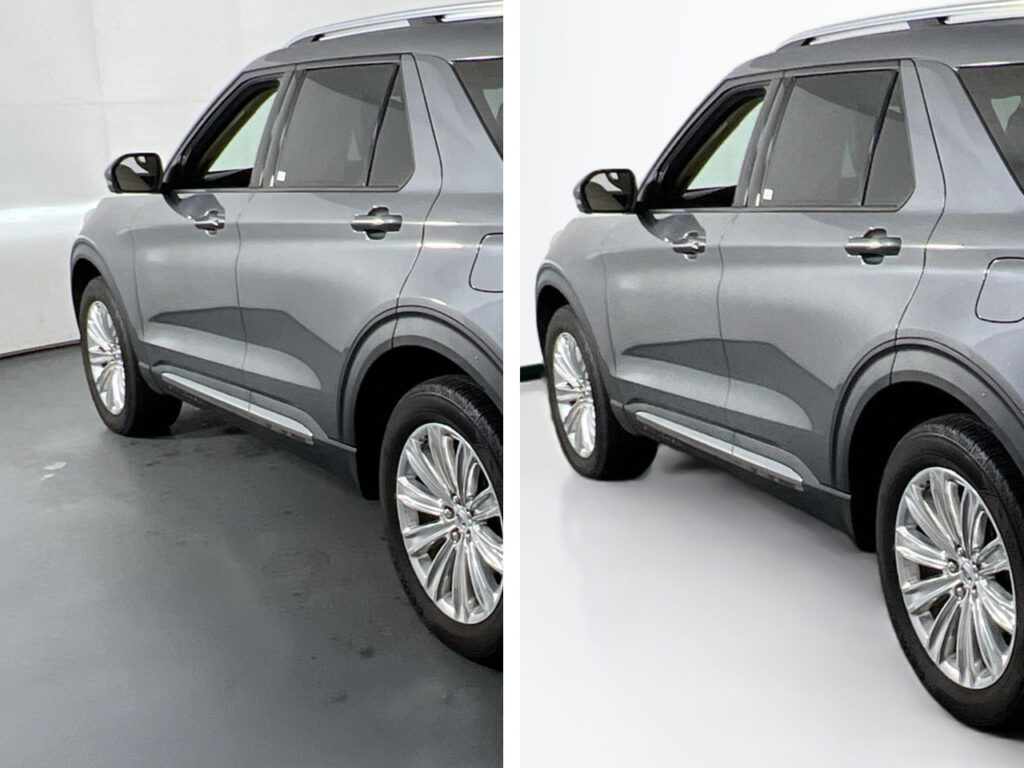After yesterday’s post, I had to use the resources of Gemini to see what litigation and resources could be found on cases of misrepresentation of images with AI.
Here’s what Google Gemini found.
You’re right to be concerned about litigation regarding AI-edited car photos. While there aren’t widely publicized cases focused solely on AI editing, there have been lawsuits around misrepresenting vehicles online. Here’s some information to consider:
- Federal Trade Commission (FTC) and Deceptive Advertising: The FTC prohibits dealerships from using deceptive advertising practices, which includes misleading photos. Even if unintentional, AI edits that significantly alter a car’s condition could be considered deceptive. (https://www.ftc.gov/)
- State Lemon Laws and Consumer Protection Laws: Many states have lemon laws protecting consumers who buy used vehicles with undisclosed problems. Additionally, most states have consumer protection laws against deceptive business practices. AI-edited photos that hide significant damage could violate these laws.
Here are some resources where you might find relevant cases (although they might not be exclusively about AI):
- National Association of Consumer Advocates (NACA): NACA keeps a record of consumer protection lawsuits, including those against car dealerships. You might be able to find relevant cases through their resources. (https://www.consumeradvocates.org/)
- Legal Databases: Legal research databases like Westlaw or LexisNexis might have relevant case law. These resources are typically accessed through law libraries or legal subscriptions, but some public libraries might offer limited access.
Here are some additional points to consider:
- Disclosure is Key: Even with AI, dealerships can protect themselves by clearly disclosing any editing done to photos. This could involve disclaimers like “car has minor scratches, not shown in photos” or highlighting any major repairs made.
- Focus on Transparency: 360Booth®’s emphasis on detailed, high-quality images with features like 360° views already promotes transparency. This can be further enhanced by using AI for tasks that don’t manipulate the car’s condition, like background removal.
By staying informed about legal developments and focusing on transparency in your photo processes, you can mitigate the risk of litigation while leveraging the efficiencies AI offers.






